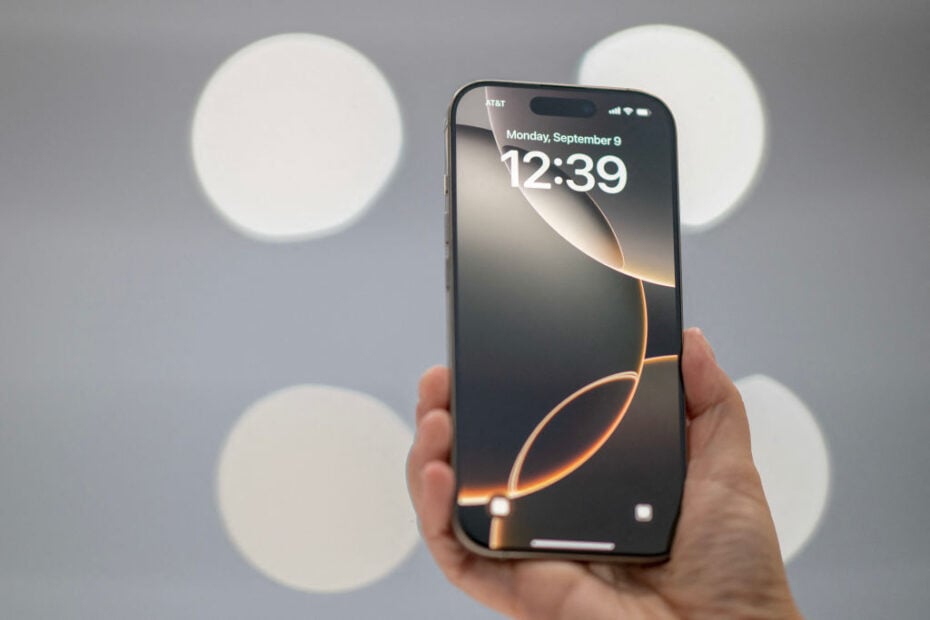
Credit: Getty Images
Around 40 million UK iPhone and iPad users could share in a £3bn ($3.8bn) compensation claim against tech giant Apple over its alleged anticompetitive iCloud practices.
The legal action, spearheaded by consumer group Which?, accuses Apple of breaching UK competition law by limiting cloud storage options. The claim highlights a global issue: the control that tech giants exert over their ecosystems and its impact on user choice.
Which? argues Apple locks iOS users into its iCloud service by restricting the use of third-party storage providers. Users are not clearly informed of alternatives or how to use them. This lack of competition has allegedly allowed Apple to charge higher prices for storage upgrades.
“Which? believes that Apple iPhone and iPad iOS users have had little choice but to use Apple’s own iCloud service, and therefore Apple can charge users more than if it had to compete with rival cloud storage services,” the consumer group said in a statement on Thursday.
The case is brought under the UK’s opt-out collective action regime. Eligible UK consumers are automatically included unless they opt out. Those living abroad can join if they opt in.
How iCloud allegedly limits choice
Apple’s iCloud, integrated into all its devices, offers users 5GB of free storage. Once this is used up, users are prompted to purchase upgrades, with fees ranging from 99p to £54.99 per month. However, alternative providers cannot fully compete, as certain iPhone data cannot be backed up outside iCloud.
Which? contends this setup leaves users with no real choice, creating a barrier to competition. Consumers, they say, face inflated prices and fewer options as a result. With Apple dominating the smartphone and tablet market, this practice also stifles innovation from new entrants.
Which? estimates that affected consumers could receive an average payout of £70 each. Compensation would cover those who used iCloud services after 1 October 2015. The group is urging Apple to settle the case and open its iOS system to fair competition.
The Competition Appeal Tribunal must certify the claim before it proceeds. This step, known as certification, ensures the case can be heard under the Consumer Rights Act 2015.
Apple is also under scrutiny in the United States, where the Department of Justice has accused the company of unlawfully monopolising the cloud storage market. In August, Apple requested a federal judge to dismiss the case, describing the iPhone as “one of the most innovative and consumer-friendly products ever made.”
In response to the Which? lawsuit, Apple stated: “Our users are not required to use iCloud, and many rely on a wide range of third-party alternatives for data storage.”
The company added, “We reject any suggestion that our iCloud practices are anti-competitive and will vigorously defend against any legal claim otherwise.”

